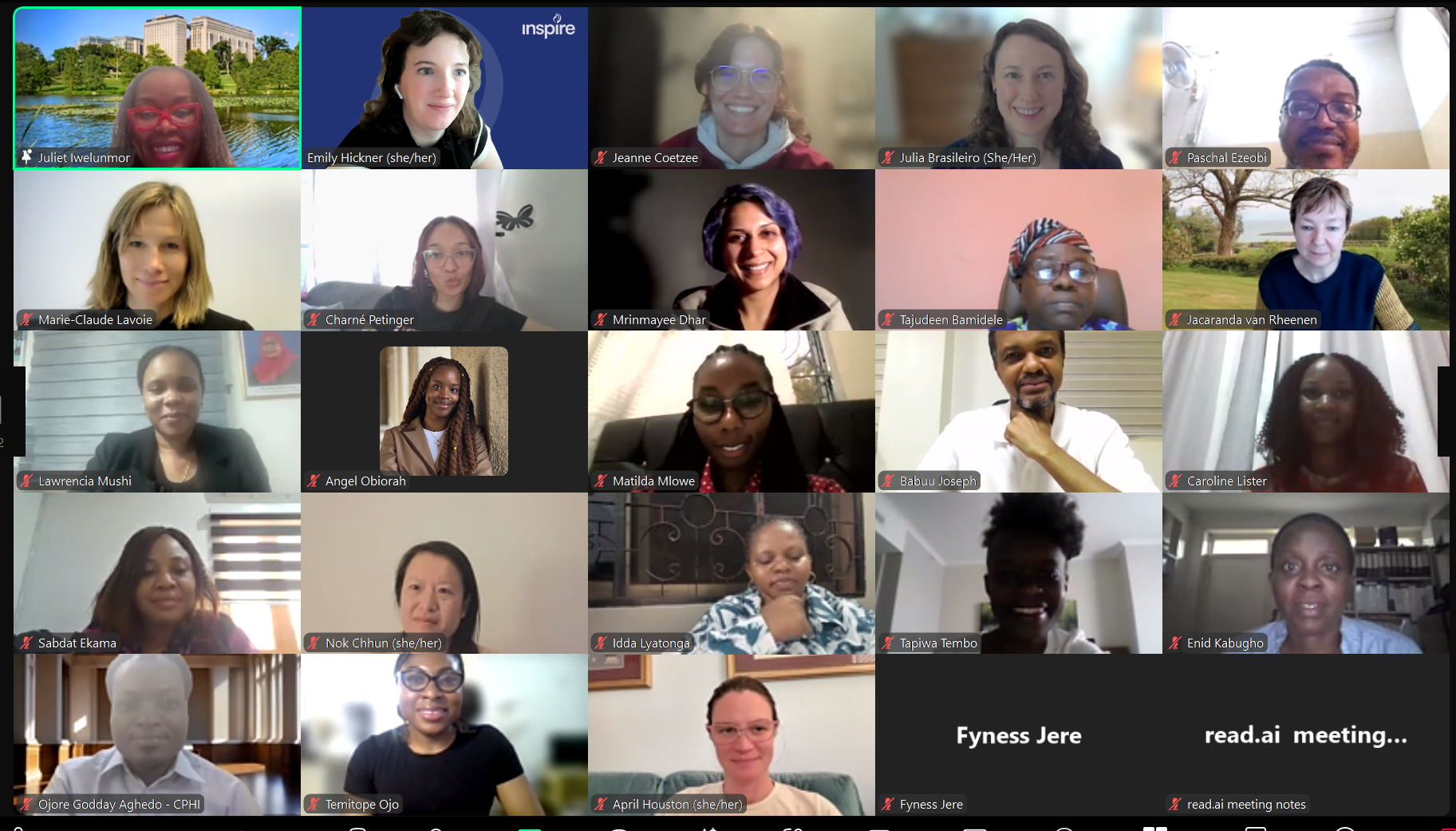
INSPIRE has concluded its inaugural Appreciative Inquiry-Based D&I Course! Twenty early and mid-career researchers, implementers, and practitioners from the eight clinical research centers that make up PATC³H-IN celebrated their graduation from the course on 9 May 2025.
Participants explored the critical processes of adaptation, scalability, and sustainability, all of which are essential to optimizing the HIV prevention and treatment continuum for adolescents and young adults in low-to-middle-income countries. Grounded in the principles of dissemination and implementation (D&I) science and guided by appreciative inquiry, the course curriculum featured lessons on the foundations of D&I science for youth, implementation strategies for youth-centered initiatives, methodological resources for youth-centered D&I, co-creation of D&I course content for youth initiatives, and delivering D&I science for youth.
The 2025 cohort will continue to receive instruction and mentoring through April 2026.
This course will expose you to concepts, theories, models, and frameworks that are useful and applicable across disciplines. The knowledge gained from the course will undoubtedly transform your understanding of Appreciative Inquiry-Based D&I.
Meet the cohort
Ojore Aghedo, BSc,PGD,MSc
RISE | Nigeria
Ojore Godday Aghedo is a public health professional with over twelve years of experience in research, project monitoring and evaluation, and public health program management. He has special interests in infectious diseases epidemiology and health system strengthening in Nigeria and Sub-Sahara Africa.
Over the past decade, Aghedo’s foundation in health research and data management has been strengthened with experience in the implementation of HIV and tuberculosis programs, as well as surveillance and monitoring of various health initiatives. Most recently, he served as the Research and Data Coordinator at the Centre for Population Health Initiative for the RISE center.

Tajudeen Bamidele, BSc,MSc,PhD
S-ITEST | Nigeria
Tajudeen Bamidele presently works as a chief research fellow at Nigerian Institute of Medical Research (NIMR), where he conceives, designs and conducts health research of national priorities. His focus in basic research has been in exploring the biotechnological potentials of local microorganisms with a view to exploiting them as probiotics and drug (antimicrobial) candidates. He does this with a One Health approach. Bamidele participates in the maternal reproductive and child health, HIV/TB research groups of NIMR and served as a supervisor of youth facilitators in the just-concluded Innovative Tools to Expand Youth Friendly HIV Self-Testing (4 Youth By Youth). Additionally, He is engaged as a senior adjunct lecturer by the Eko University of Medicine and Health Sciences, Lagos, Nigeria to teach Medical students different aspects of infectious diseases/Medical Microbiology.
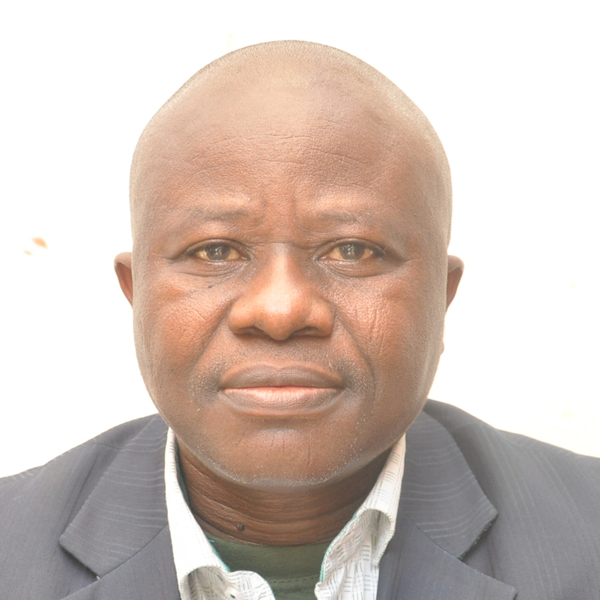
Julia Brasileiro, BA,MPH,PhD
RISE | USA
Julia Brasileiro is a behavioral health researcher with training in public health and community psychology. Her work integrates behavioral and implementation science methods to develop and implement strengths-based, tailored digital health interventions (DHIs) to promote health. She takes a holistic approach to promoting the health of youth, with a focus on sexual health, relationship health, and mental health. Her career goal is to collaborate with communities to co-create, implement, and evaluate strengths-based DHIs to promote the health of marginalized youth. As a postdoctoral scholar at the Institute on Digital Health and Innovation at Florida State University, she supports type 2 hybrid-effectiveness-implementation study to evaluate the effectiveness and implementation of the HealthMpowerment mobile app in four Sub-Saharan African countries.
Nok Chhun, BA,MSc,MPH,PhD
ZAIMARA | USA
Nok Chhun is currently a postdoctoral research associate with the Center for Dissemination and Implementation Science at the University of Illinois in Chicago. She is a global health professional with 10+ years of experience across academic settings as a scientist and research manager. Prior to starting her PhD program at the University of Washington, she was the project director for an NIH funded research project, High-yield HIV testing, facilitated linkage to care, and prevention for female youth in Kenya (R01AI122797, PIs: Kurth, Inwani, Agot, 8/2015–7/2020) based in Homabay County in western Kenya. Through her work experiences, Chhun witnessed how critical implementation science is for Kenya and became interested in how implementation science approaches could be used to influence adoption and scale-up of effective interventions. Understanding the contextual factors that hinder the delivery of evidence-based interventions can inform targeted strategies to overcome those barriers.
Jeanne Coetzee, MBChB
ATTUNE | South Africa
Jeanne Coetzee is a medical doctor working as a principal and sub-investigator at Wits RHI Shandukani CRS in Johannesburg, South Africa. Her role has allowed her to work on more than 30 clinical trials as an investigator, with a research focus on the treatment and prevention of infectious diseases in maternal, child, and adolescent populations in South Africa, specifically HIV and TB. Coetzee is a dedicated medical professional with a strong pediatrics and public health background and extensive experience in clinical research in infectious diseases. Her enthusiasm for education has led her to become an honorary staff member and lecturer in the Department of Paediatrics at the University of Witwatersrand. Her journey in medicine has shaped her into a compassionate healthcare provider committed to improving patient outcomes.

Mrinmayee Dhar, MD
ATTUNE | South Africa
Mrinmayee Dhar joined the Wits RHI team in October 2020, and adapted well into her role as sub-investigator. She quickly transitioned into the role of Principal Investigator in 2022, including pharmaceutical and IMPAACT network studies, as well as investigator-driven projects. She has worked as principal investigator on pharmaceutical trials, specifically in COVID-19 vaccine studies, including GO-012 (Gritstone) and C4591048 (Pfizer). Dhar is national principal investigator for the planned IMPAACT 2040 network study, focusing on optimizing HIV treatment through long-acting injectable anti-retroviral treatment in pregnant and post-partum women. Additionally, she is co-principal investigator on the Optimizing Maternal Vaccinations in South Africa project, an implementation sciences project focused on maternal immunization in South Africa. Dhar has expertise in clinical care, research and project management.

Sabdat Ekama, BSc, MSc,PhD, FPCPharm
S-ITEST | Nigeria
Sabdat Ozichu Ekama is a research fellow and pharmacist at the Nigerian Institute of Medical Research (NIMR) with over 15 years’ experience in HIV/AIDS clinical management. She has conducted several research projects in HIV/AIDS management and HIV prevention. Her recent research work focused on developing a HIV prevention microbicide for use among women. Ekama Sabdat has been involved in research on gender-based violence among adolescents in schools and the outcome of this research was published (DOI: 10.15761/MCA.1000135). She also has experience in the conduct of clinical trials and is currently the study coordinator of a clinical trial conducted by VERTEX Pharmaceuticals on the safety and efficacy of VX-147 on individual with APOL-1 mediated proteinuric kidney disease at the NIMR site in Nigeria.

Paschal Ezeobi, MSc, MB, BS
S-ITEST | Nigeria
Paschal Ezeobi is a clinician and research fellow working at the Clinical Sciences Department of the Nigerian Institute of Medical Research (NIMR) He is a medical doctor with a background in Public Health and presently engaged in the PhD Program in public health. He has worked in the HIV Programme of NIMR since 2002, when the National HIV Programme came into existence and became the coordinator; PEPFAR supported NIMR HIV Treatment Program in 2013. Currently, he is head of the Hepatitis Clinic of the Institute. He has engaged in activities involving clinical research, patient clinical evaluation, management and the coordination of components of the HIV Programme at the Clinical Sciences Department of the Institute. He is presently the NIMR Study Coordinator for the US National Institutes of Health (NIH) sponsored Predictors of Antiretroviral Immune-reconstitution Bone Loss – the Gut and the Microbiome and the International epidemiology Databases to Evaluate AIDS.

Babuu Joseph, PGD
MWOTAJI | Tanzania
Babuu Joseph is the Acting Research Director at Health for a Prosperous Nation (H-PON), a Tanzanian research NGO and partner in the MWOTAJI project. With over a decade of experience in public health—particularly in HIV & AIDS interventions—he has led donor-funded programs for both local and international organizations. His expertise spans program management, stakeholder engagement, training, and research coordination. At H-PON, he oversees collaborative studies with institutions such as UC Berkeley, UCSF, and Mzumbe University. Notable achievements include leading the MWOTAJI project across three regions and contributing to digital innovations in ART patient management. His earlier roles include Regional Team Lead, Research Assistant, and Communications Manager. He also brings consultancy experience on USAID, PEPFAR, and CUSO International-funded projects in HIV, maternal health, and education.
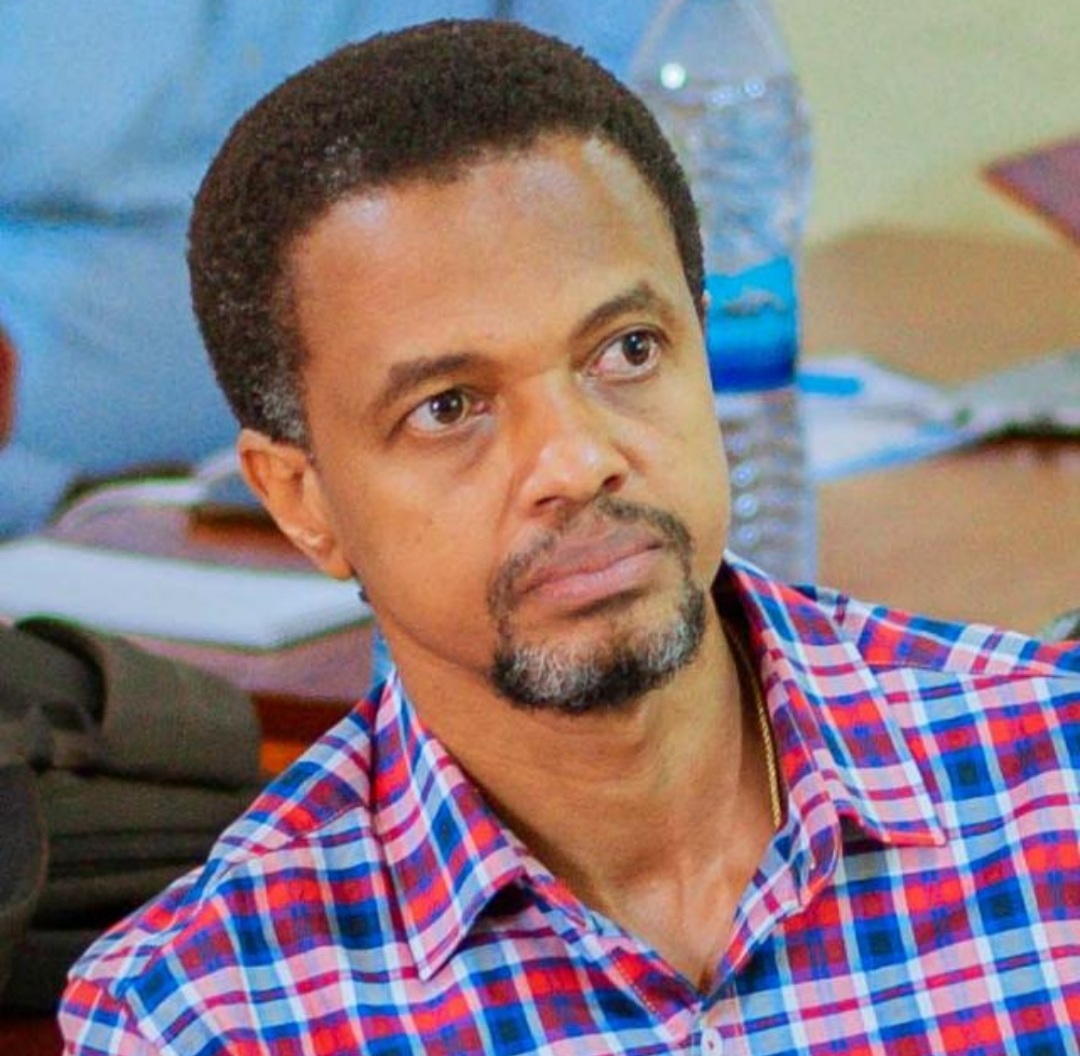
Enid Kabugho, MBChB,MSc
MU-JHU | Uganda
Enid Kabugho is the clinical research coordinator for the HIP-CY Implementation Science study at MU-JHU, where she oversees the day-to-day activities of the project, ensuring regulatory compliance, participant recruitment, data collection, and coordination of study visits. With over a decade of experience in HIV prevention and treatment research, she has played a key role in studies that have informed public health policy. She has collaborated closely with investigators, sponsors, and regulatory bodies to uphold Good Clinical Practice standards. Her work focuses on adapting and scaling evidence-based interventions to improve HIV prevention and care for adolescents and young adults (AYA) in Uganda. Her passion lies in translating research into sustainable, youth-friendly programs that address the unique needs of AYA in resource-limited settings.

Caroline Kongola, MD
MWOTAJI | Tanzania
Caroline Lister Kongola is an associate project director at Health for a Prosperous Nation, where she provides technical oversight for the MWOTAJI study focused on HIV prevention among adolescent and young women in Tanzania. She oversees operations across five Clinical Research Performance Sites, ensuring protocol compliance, accurate data collection, and smooth study implementation. A trained medical doctor with a Bachelor’s degree from the Catholic University of Allied and Health Sciences, she has extensive clinical experience in HIV care and infectious diseases. Her transition into research and healthcare management reflects a deep commitment to improving healthcare access for underserved populations. Dr. Kongola’s expertise includes HIV prevention, program management, and implementation science, with a passion for creating sustainable, evidence-based health interventions.
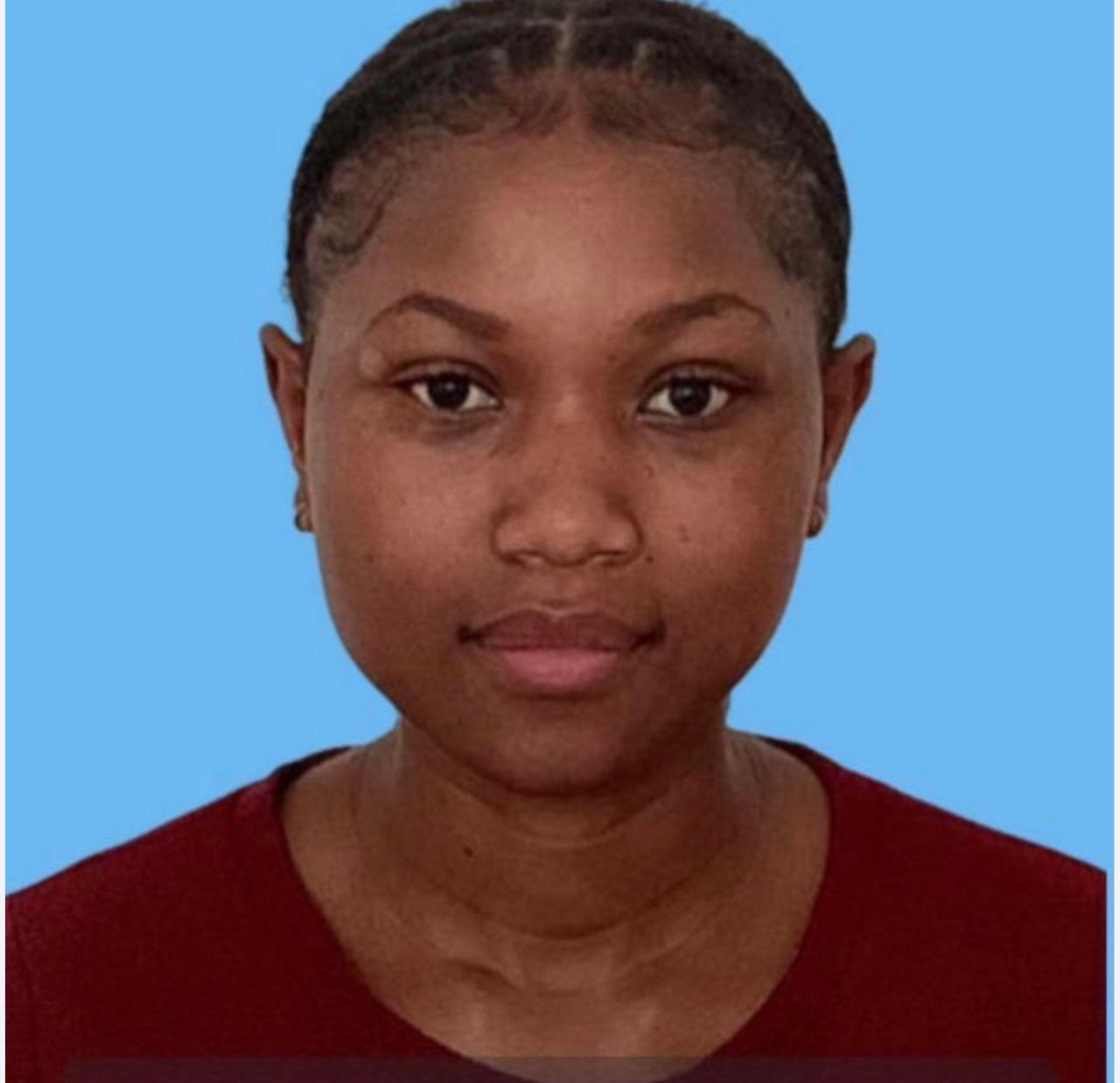
Marie-Claude Lavoie, MSc,PhD
RISE | USA
Marie-Claude Lavoie is an assistant professor of epidemiology and public health at the University of Maryland School of Medicine and serves as the Strategic Information and Evaluation Director at the Center for International Health, Education, and Biosecurity. In this role, she leads and supports evaluations of large-scale HIV programs and policies across PEPFAR/CDC-funded projects. Her research focuses on implementation science, including serving as MPI on NIH-funded studies involving long-acting injectable HIV treatment among adolescent girls and HIV care among people who inject drugs in Zambia. A former Robert Wood Johnson Foundation Public Health Law Research Fellow, she has received fellowships from the HIV, Infectious Disease and Global Health Implementation Research Institute and the CFAR HIV Implementation Science program.
Maria Lupogo, MPH
MWOTAJI | Tanzania
Maria Felix Lupogo is a dedicated public health specialist with over four years of experience in donor-funded programs, with a focus on HIV/AIDS, health system strengthening, and monitoring and evaluation. Maria has worked in various roles including data clerk for the USAID-funded SAUTI Project, research assistant at NIMR, health information system officer at Marie Stopes Tanzania, and project officer at Digital Divide Data Tanzania. She currently serves as a research assistant for the Afya III project at Health for a Prosperous Nation, overseeing study quality and staff management. Skilled in data analysis and reporting tools, Maria is known for her leadership, integrity, and dedication to improving public health outcomes for vulnerable communities in Tanzania.
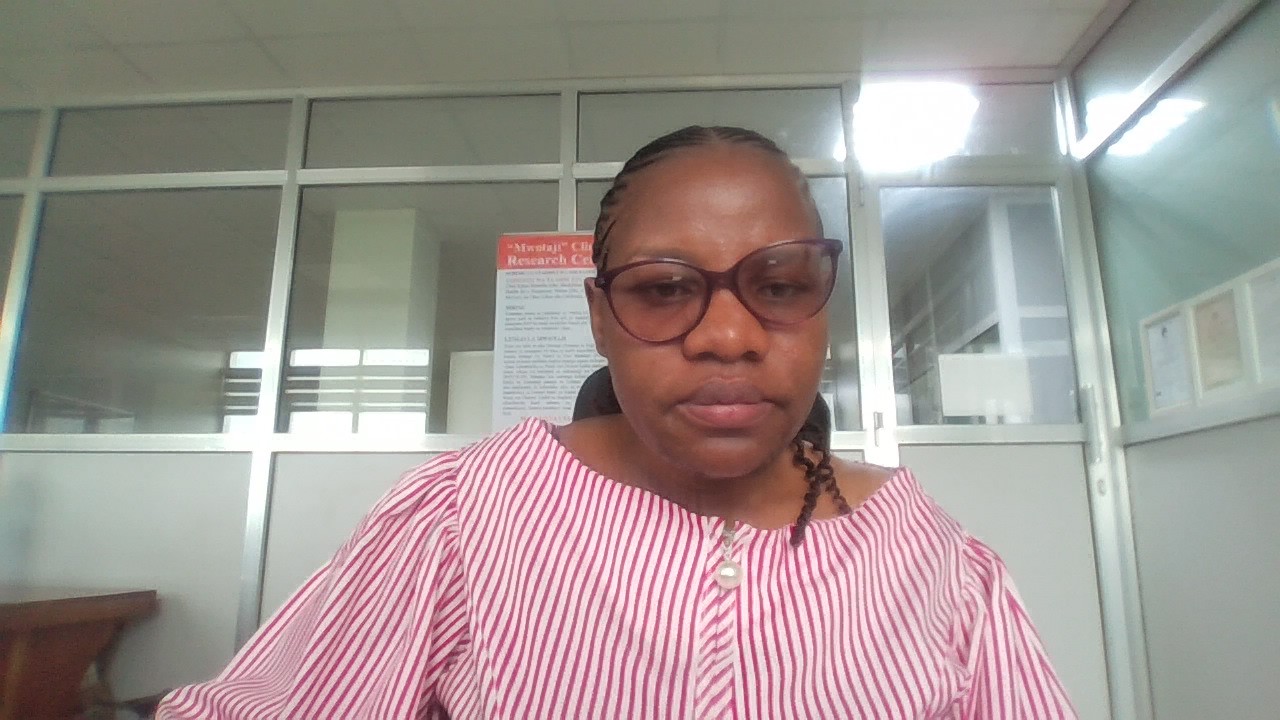
Idda Lyatonga, MSc,PhD
MWOTAJI | Tanzania
Idda Lyatonga Swai is a senior lecturer and dean at Mzumbe University’s School of Public Administration and Management. She is the co-principal investigator of the MWOTAJI project, supporting HIV prevention and implementation science capacity building in Tanzania. Her current work focuses on developing and delivering an Implementation Science certificate program, coordinating research activities across Kagera, Shinyanga, and Geita regions through the Health for a Prosperous Nation. With over 17 years of academic and project leadership experience, she specializes in governance, gender, and public health research. She also co-leads the NISHATI project under the European Commission’s Erasmus+ Programme, partnering with institutions across Africa and Europe. Her current interests include implementation science, health systems strengthening, and building sustainable research capacity in low-resource settings.
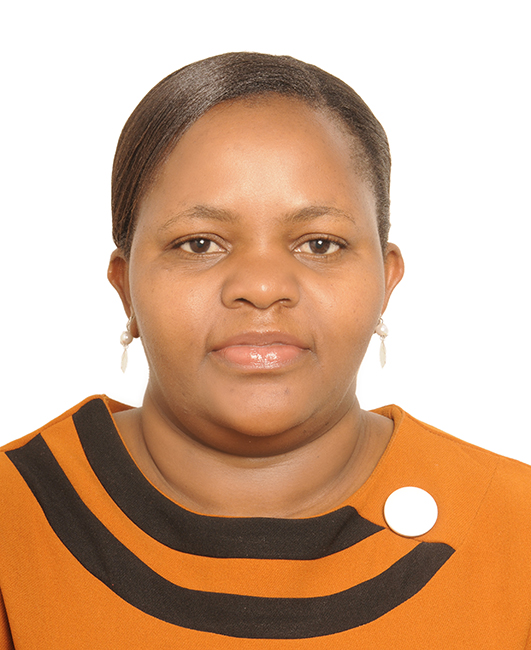
Matilda Mlowe, MD
MWOTAJI | Tanzania
Matilda Mlowe is a medical doctor and clinical researcher committed to improving public health through research. Her interest in research began during medical school while investigating pneumonia prevalence in children under five in Arusha, Tanzania. She has since built a career focused on HIV and TB care, serving as an HIV care provider and coordinating pediatric TB/HIV detection at Bukoba Regional Referral Hospital. Currently, she coordinates a randomized controlled trial (R01MH125746) assessing cash incentives to re-engage people living with HIV in care and contributes to the NIH-funded MWOTAJI project (UG1HD113163), which aims to expand HIV prevention access for adolescent girls and young women via community pharmacies. Her research interests include implementation science, health systems strengthening, and vulnerable populations’ access to care. Her work centers on advancing healthcare delivery in resource-limited settings.
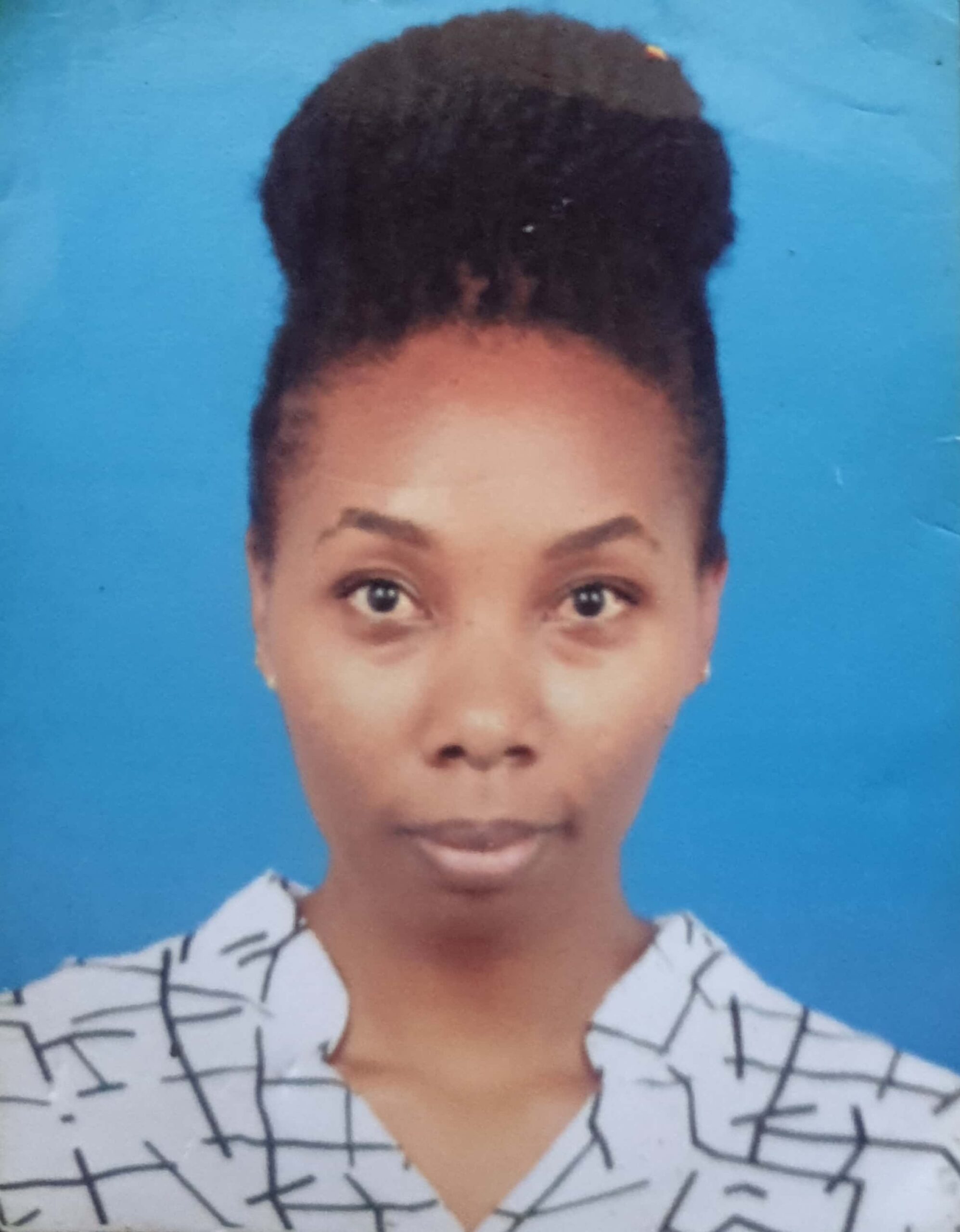
Lawrencia Mushi, BSc,MSc,PhD
MWOTAJI | Tanzania
Lawrencia Mushi is a senior lecturer and researcher at Mzumbe University and serves as an implementation science (IS) course developer and instructor with the MWOTAJI project in Tanzania. She leads the design, quality assurance, and accreditation processes of short and long IS training programs. Her current research focuses on monitoring and evaluation of health policies and programs, health system strengthening, and the impact of health supply chains and immunization strategies in low- and middle-income countries. Dr. Mushi also contributes to the MWOTAJI study, which enhances HIV prevention access for adolescent girls and young women. As head of the Quality Assurance Unit at Mzumbe University, she ensures high standards in academic and training programs. Her ongoing work integrates academic expertise with practical implementation research, supporting evidence-based improvements in healthcare delivery across Tanzania.

Zainab Oyeniyi, BSc,BEd
RISE | Nigeria
Zainab Okikiola Oyeniyi is a public health researcher passionate about healthcare reform and infectious disease prevention, especially in resource-limited settings. Currently, she works as a research assistant at the Center for Population Health Initiatives, contributing to projects on HIV prevention, youth health interventions, and implementation science. Zainab’s expertise includes qualitative research, community-based interventions, and public health advocacy. She actively supports participant recruitment, data collection, and qualitative analysis, and has helped develop youth-focused content for the Health MPowerment app to improve sexual health education. A dedicated health advocate and writer, Zainab uses digital platforms to engage communities on health issues. Her career goal is to advance HIV prevention and treatment through evidence-based interventions and policy advocacy in Nigeria and other resource-constrained areas.

Charne Petinger, BA,MA, BA Honors (Psychology)
ATTUNE| South Africa
Charne Petinger is pursuing her third year of a PhD in Public Health at the University of the Western Cape, South Africa, focusing on improving health outcomes and care engagement for adolescents living with HIV. She has additional training in qualitative research, photovoice methodology, qualitative evidence synthesis, health data analytics, adolescent health, and implementation science. Her experience includes tutoring and lecturing at the undergraduate level, working as a research assistant in adolescent HIV, and managing a digital health intervention project (S-SMART) to enhance self-management skills and health outcomes among adolescents with HIV. Currently, she serves as project manager, administrator, and researcher for the ATTUNE project within the Western Cape CRPS.

Fyness Sakala Jere, BSc
RISE | Malawi
Fyness Sakala Jere is an experienced public health professional and nurse with over a decade of service in Malawi’s health sector. She holds a Bachelor of Science in Public Health, a Nursing & Midwifery Technician Diploma, and is pursuing an MSc in One Health. Since 2016, she has been a district coordinator at the Center for the Development of People under the USAID/PEPFAR-funded PROTECT Project, leading HIV services for key populations like MSM, transgender individuals, and male sex workers. Fyness played a key role in establishing a Drop-in Center to reduce HIV infections and earned the Best District Coordinator award. She also contributes to research and policy advocacy, serving on boards and advisory committees. Skilled in project management and community-driven program design, Fyness is committed to improving healthcare access and outcomes for vulnerable populations.

Tapiwa Tembo, BSc, MSc
VS4A | Malawi
Tapiwa Tembo is co-investigator for the VS4A study, leading study implementation and providing scientific design support, and a doctoral candidate in the Department of Medicine at the University of Cape Town. Since 2016, she has been a scientific investigator at Baylor College of Medicine Children’s Foundation Malawi, where she completed a three-year Implementation Science Fellowship. She specializes in HIV intervention development and evaluation, notably contributing to the VITAL Start project aimed at improving ART adherence among pregnant and breastfeeding women. She led the design and evaluation of training interventions for healthcare workers to enhance HIV case finding in Malawi, authoring several publications. Her work includes piloting a blended learning approach funded by the Malawi HIV Implementation Research Scientist Training program.

